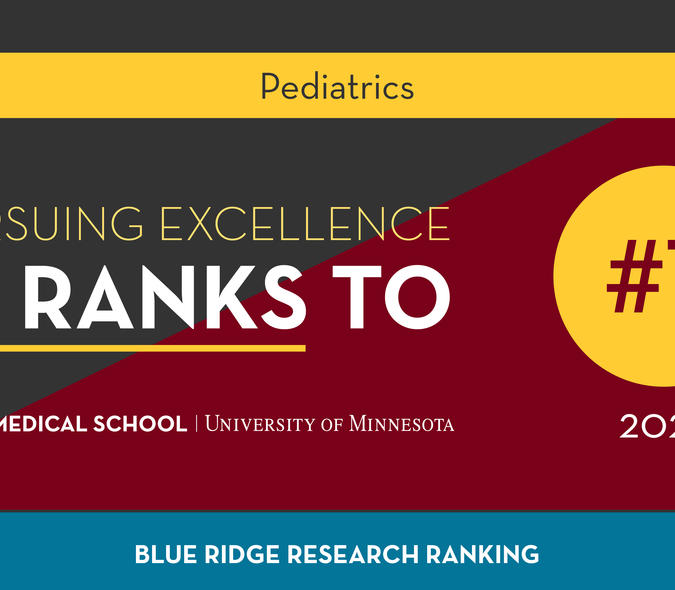University of Minnesota Researchers Talk Teenage Mental Health
Recent research has shown that yearly, teenage depression and suicide rates are slowly on the rise. Though these increasing rates are due to a wide variety of factors, two doctors at the University of Minnesota medical school have recently shown with their research that teenagers who get more sleep and have at least one strong parent or guardian relationship have reduced rates of depressive symptoms. In this article, the authors ask the researchers Andrew Barnes, MD, MPH, Associate Professor in the Division of Clinical Behavioral Neuroscience, and Marvin So, MPH, about the indicated relationship between these factors and depressive symptoms.
According to the study’s authors, getting a good night’s sleep of 8-10 hours helps to prevent chronic sleep deprivation which, in turn, helps to regulate our internal clock responsible for our sleep schedule, mood, hormones, immune system, and cognitive function. When people, including teenagers, become sleep deprived, that internal system can become unbalanced and can start to malfunction until corrected. Additionally, the researchers showed that strong parent relationships that provide guidance and boundaries for the child can help not only with managing bedtimes and busy schedules, but can provide encouragement and advice to deal with life’s ups and downs. To read the full article and Dr. Barnes and Dr. So’s responses to the interview questions, please follow this link.

